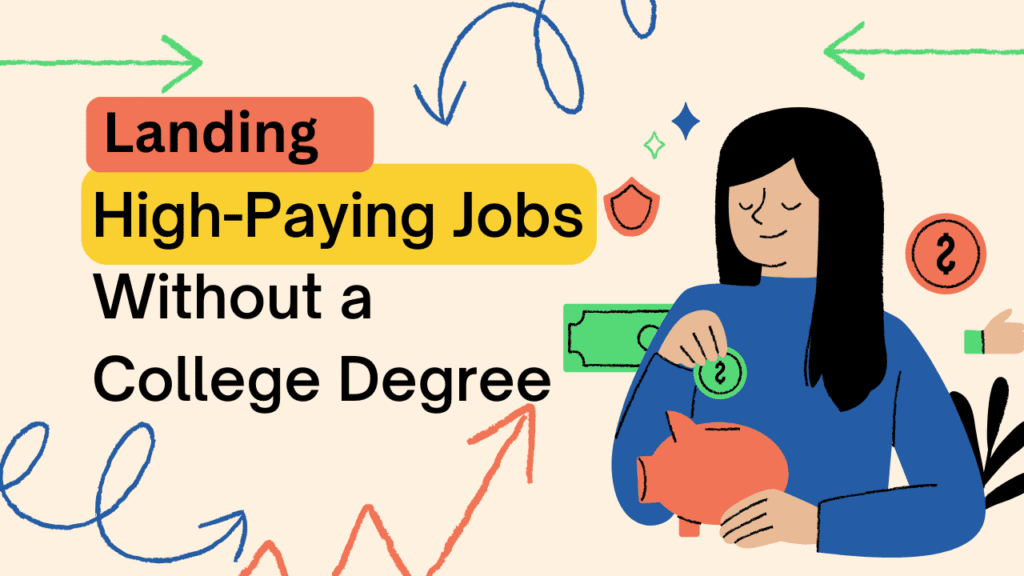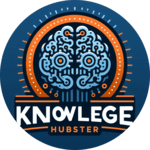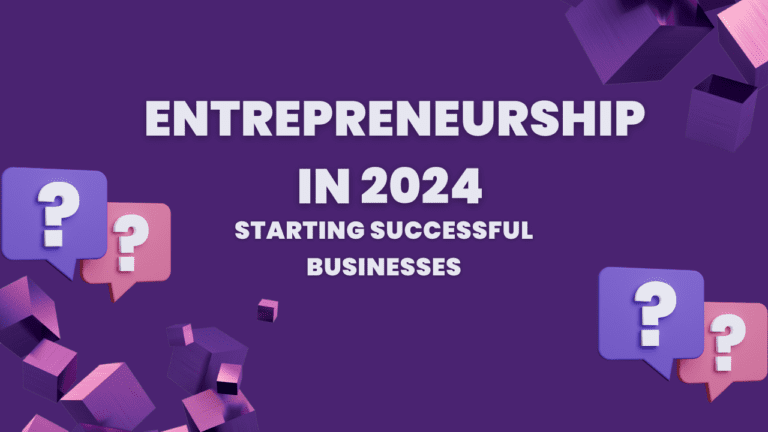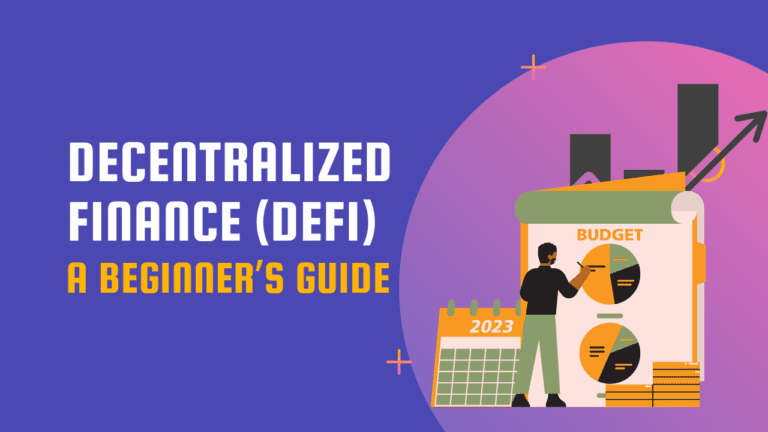Landing High Paying Jobs Without a College Degree


high paying jobs without college have become ingrained as an expected path right after high school for gaining employable skills and knowledge. But with ever-climbing tuition expenses and student debt burdens now crossing $1.7 trillion in America alone, many have come to question the costs versus benefits of traditional bachelor’s degree programs.
The good news is college isn’t the only launching point for securing well-compensated careers in growing fields without incurring tremendous financial burdens. By developing in-demand abilities through alternative channels, workers can increasingly land high-paying jobs without holding four-year degrees.
Seek Out Entry-Level Specialized Roles
Getting a first foot in the door with major companies no longer necessitates having a polished college transcript. Various firms now recruit for apprentice programs, training academies, or direct specialized roles that offer formal development opportunities.
Fields like tech, healthcare, sales, finance, and the skilled trades all present openings to start gathering valuable experiences to augment over time rather than playing catch-up later. For those assured of their interests, focused vocational preparation through trade schools, boot camps, or entry placements set promising foundations too.
Even starting at ground levels like customer support, assistants or technicians exposes wider career ladders to climb as competencies strengthen.
Build a Professional Portfolio
College’s sake is no longer necessary for proving occupational capabilities to employers. Skilled workers can compile portfolios showcasing completed projects, key contributions, testimonials, and badges securing industry certifications that collectively demonstrate abilities on par with degree-holding counterparts.
The versatility and growth potential cemented in a portfolio is more to hiring managers seeking demonstrable competencies rather than fleeting signs of academic success.
Especially in specialized technical fields like software engineering or digital marketing, real-world expertise proves more pivotal than grades when evaluating applicants for career advancement. Thus building portfolios should never stall even after landing initial positions.
Master In-Demand Digital Tools
Pursuing professional training in leveraging digital tools with extensive market demand also powers lucrative career trajectories without college.
For example, honing data analysis using spreadsheet software, SQL programming for databases, 3D modeling for design or fabrication, search engine marketing, and even content creation tools for social platforms unlock abundant occupation options.
Since digital capabilities now infuse nearly all industries in some manner, focused self-learning curricula exist to lift both technical aptitudes and incomes significantly.
Combining tool mastery with interpersonal strengths around ideation, project management, and communication also compounds professional prospects over time.
Embrace Continuous Learning Mentalities
Degree or not, impactful careers necessitate embracing lifelong learning habits to stay aligned with shifting technical tools and industry trends. Fortunately, boundless educational materials across the internet, digital publications, free public library resources, and affordable online course access alleviate barriers today compared to attending elite universities.
However, self-motivation and consistent time investments critical for honing skills and expanding professional networks without a structured collegiate environment still prove challenging.
Establishing mentors and like-minded peer communities keeps motivation high amid endless opportunities for self-enrichment and career development beyond a defined program. Ultimately the capacity and hunger for continuous upskilling dictate incomes more than fixed credentials.
Combination of Focused Skills
The combination of focused vocational skills, demonstrable expertise tied to real deliverables, commanding in-demand digital tools, and insatiable learning drive offer more control over professional destinies than previously assumed.
Of course for specialized scientific or research fields, higher academic credentials still carry great import. But across diverse industries, companies seek capable contributors able to create value through talent and determination with or without degrees.
By saving on tuition burdens, those opting to skip university degrees yet master alternative skill-building channels gain advantaged financial footing in their early earning years as well as graduates weighed down by debts as they launch careers.
With adaptable preparation, competitive motivation, and workplace habits focused on excellence, individuals can still prosper along satisfying and fiscally rewarding career trajectories no matter the initial qualifications on paper.
Read More:



